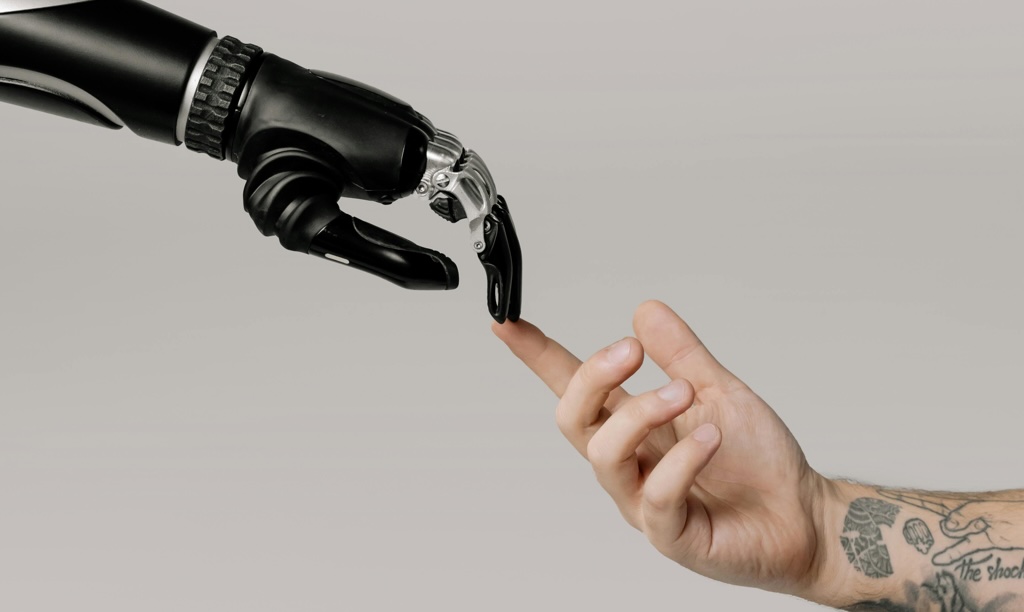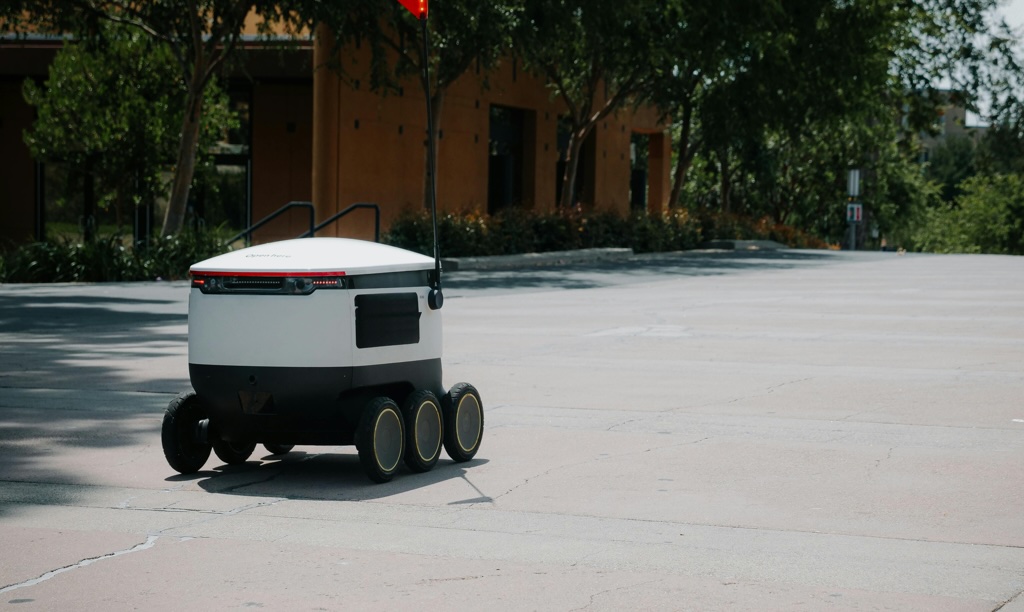What Are the Future Challenges of AI?
While AI promises transformative potential, it also presents several future challenges that cannot be overlooked. Ethical concerns, particularly around bias in AI algorithms, are becoming increasingly prominent as AI systems are integrated into sensitive areas like healthcare, finance, and law enforcement. AI ethics focus on ensuring fairness and accountability in these systems, but challenges remain in eliminating biases and ensuring data privacy. AI regulation is critical to creating frameworks that govern how AI operates, particularly as autonomous AI systems become more common. Job displacement is another significant concern, as automation threatens to replace human roles in various industries. AI and human trust, especially in autonomous systems, play a vital role in the widespread acceptance of these technologies, but security risks, AI interpretability, and the potential for exacerbating economic inequality must also be addressed.
“The future of AI is bright, but we must navigate complex challenges in ethics, regulation, and societal impact to unlock its full potential.”
Key Highlights
The future challenges of AI include addressing bias in algorithms, maintaining data privacy, and ensuring AI regulation keeps up with technological advancements. Job displacement, security risks, and human trust in autonomous AI systems are critical concerns. Moreover, AI interpretability and its potential to widen economic inequality present further hurdles to consider.
Key Challenges AI Faces in the Future
AI ethics is at the forefront of addressing future challenges, as biases in AI algorithms can lead to unfair outcomes in critical applications like law enforcement or healthcare. Data privacy is another pressing concern, especially as AI systems rely on vast amounts of personal information for accurate decision-making. With the rise of autonomous AI systems, AI regulation must evolve to create frameworks that govern their use responsibly. Job displacement is another significant challenge, as AI could potentially eliminate many human roles. Building human trust in AI, ensuring the security of AI systems, and making AI more interpretable are essential for long-term success. Lastly, AI's role in economic inequality must be carefully managed to ensure the technology benefits all parts of society, rather than exacerbating the wealth gap.
- AI Ethics: Ensuring Fairness and Accountability
- Bias in AI Algorithms and Its Societal Impact
- Data Privacy Concerns in AI Systems
- The Need for AI Regulation and Governance
- Job Displacement Due to Automation
- Building Human Trust in Autonomous AI Systems
- AI Security Risks and Potential Threats
- AI Interpretability: Understanding How AI Works
- AI and Economic Inequality: Managing the Divide
- The Future of Autonomous AI Systems
Author
With a deep understanding of AI technology and its societal impact, we focus on addressing the ethical, security, and regulatory challenges posed by the rise of AI. Our team works to ensure that AI development considers human trust, fairness, and the future of work.




















